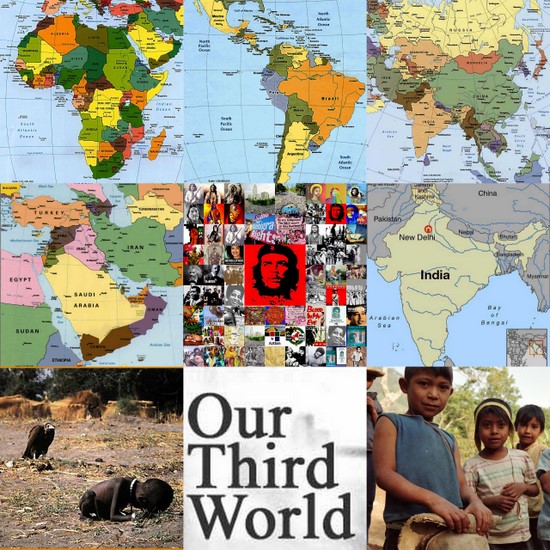Battle for influence in Latin America
By Stephen Fidler
Published: January 9 2009 16:24 | Last updated: January 9 2009 16:24
Washington's clout in Latin America is waning. A trend that began before the terrorist attacks on the US in 2001 has since accelerated as the administration of President George W. Bush sought, with scant success, to extend the country's influence elsewhere. The question 11 days before Barack Obama moves into the White House is whether he will do anything to reverse the shift.
 |
| Top brass: Hu Jintao in Havana |
An early signal may come in April – in Trinidad at the Summit of the Americas – when Latin American leaders (excluding Raúl Castro) will get what, for most, will be their first close-up look at the new president in action.
The US is still the big kid on the block: its trade with Latin America is worth more than $500bn (£330bn, €365bn) a year, more than five times that of China. Yet the expansion of Chinese and Russian influence – and that of lesser powers such as Iran – is challenging US dominance in the region.
How should the Obama administration react to these newcomers? First, say foreign policy specialists, it should recognise that Russia's and China's motives in moving into Latin America contrast fundamentally.
In Russia's case, its growing involvement – which has a strong military component and is largely directed at US antagonists in the region, such as Hugo Chávez's Venezuela – is aimed at unsettling Washington. China's lower-key intervention, largely economic in orientation, is designed to do the opposite.
"Russia still has superpower nostalgia," says Dimitri Simes, head of the Nixon Center in Washington. Arms sales have some economic significance to Moscow, he adds, since Russia has little else to export apart from raw materials.. But the main motivation is elsewhere: to respond in kind to the Russian perception of US meddling in Moscow's sphere of influence.
Bates Gill, a China specialist who heads the Stockholm International Peace Research Institute, says Beijing's approach to Latin America dates back to decisions taken in the late 1990s to engage with all the main regions of the world. The approach, he says, is "very meticulous and very seriously thought through". Hu Jintao, China's president, has visited most Latin American states over the last six years, winding up his last trip in November.
"It's the perfect realist foreign policy, completely pragmatic in nature," says Mr Gill.
Yet it is the US that remains China's most important strategic interest. According to Cynthia Watson, professor of strategy at the US National War College, "Beijing will not cross a line threatening [the US connection] for fear it would jeopardise the economic growth required to sustain the Chinese Communist party's political monopoly."
According to Daniel Erikson of the Inter-American Dialogue in Washington, the US State department has been pursuing a vision aimed at converting China into a responsible stakeholder in Latin America. It has encouraged Chinese involvement in a United Nations peacekeeping mission to Haiti – unusual given that Haiti is one of a shrinking minority of nations in the hemisphere still to recognise Taiwan rather than Beijing..
On Monday, China formally takes a symbolic stake in the Inter-American Development Bank, the region's development institution, a step it could not take without US acquiescence.
Not everyone in Washington is sanguine. Peter Brookes of the conservative Heritage Foundation argues that Russian and Chinese "meddling" in Latin America stands in the way of the US regaining its influence in the region.
In fact, most observers think some shrewd gestures from Mr Obama could do much to rally Washington's image in the region from its current low base. Reversing the decline of US influence more permanently, however, will be a much tougher task.
Copyright The Financial Times Limited 2009
++++++++++++++++++++++++++++++++++++Education for Liberation!
Peter S. Lopez aka: Peta
Email: peter.lopez51@yahoo.com
Key Link: http://www.NetworkAztlan.com


No comments:
Post a Comment